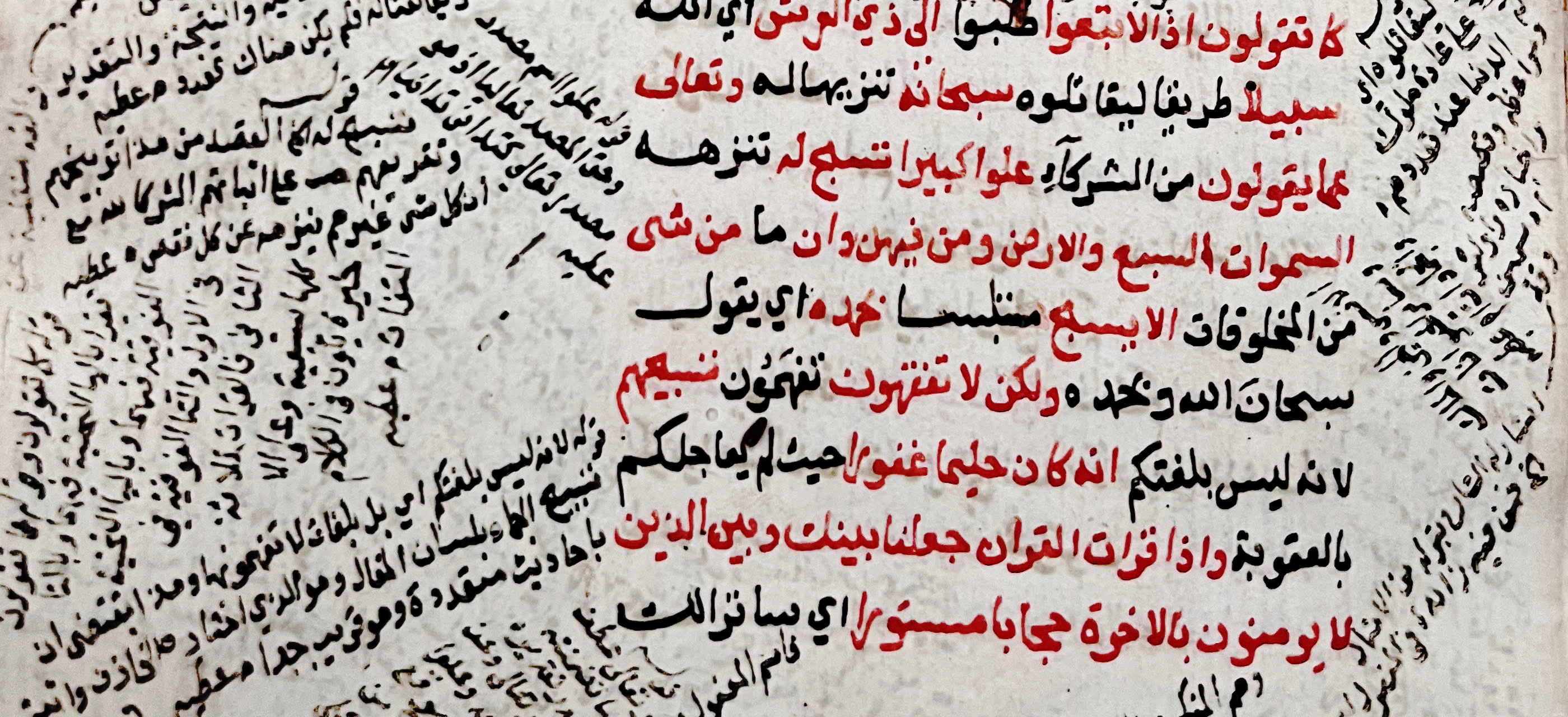Oman: Recent Developments in the Protection of the Rights of Migrant Workers and of Women
Contenu
- Titre
- Oman: Recent Developments in the Protection of the Rights of Migrant Workers and of Women
- Créateur
- Kanchana, Radhika Voir tous les contenus avec cette valeur
- Date
- 2023
- Dans
- Yearbook of Islamic and Middle Eastern Law Online Voir tous les contenus avec cette valeur
- Résumé
- Abstract This survey is a review listing some key legislative and executive measures of the government of Oman in the year 2021–2022, which have relevance to mainly the rights of the migrant workers. Further, and in less detail, this survey also refers to some of the developments pertinent to the rights of women living in Oman. However, more generally these rights are less relevant to women who are not Omani nationals. Oman is a member country of the Gulf Cooperation Council (GCC). The GCC comprises six states in the Arab-Gulf region: Oman, Bahrain, the United Arab Emirates (UAE), Kuwait, Qatar and Saudi Arabia. These oil-producing states have a significant proportion of foreign workforce in the population. Foreign workers work mostly in the private sector and are also residents in the host countries. At 46.5 per cent, Oman has a relatively lower proportion of migrants in its population among the GCC members (UN DESA, 2020). Therefore, a broader spectrum of governments’ measures relating to the issues like labour, entry and residence, and ownership of property or business touch the lives of the foreign/migrant workers or expatriates in the Gulf country. Governments’ initiatives targeting domestic workers are relevant also for women because they comprise the majority in this group. The survey notes that most of the governmental activity in Oman in the past year largely concern new laws or amendments of the existing legislation and regulations linked to labour and residency matters. Some of the more relevant ones that the survey has selected here confirms this. It also marks the period post the pandemic, which had posed considerable economic challenge for the government. Hence, as also some neighbouring Gulf countries, Oman has shown a balance of measures. On the one hand, to revive its economic dynamism and competitiveness by facilitating more ease and benefits to attract and retain foreign labour and investment in the country. On the other hand, with measures such as increased nationalization effort and support expressly favouring the national workforce to boost their more active participation in the labour market. The new labour law declared by the Omani government and its signing of the Maritime Labour Convention are a few notable highlights. The survey has essentially drawn on the government’s documents and announcements as available in English or translated text, in addition to information in the press and other relevant sources.
- Langue
- eng
- volume
- 22
- numéro
- 1
- pages
- 298-303
- doi
- 10.1163/22112987-20230043
- Titre abrégé
- Oman
Kanchana, Radhika, “Oman: Recent Developments in the Protection of the Rights of Migrant Workers and of Women”, 2023, bibliographie, consulté le 21 décembre 2024, https://ibadica.org/s/bibliographie/item/23552
Position : 35200 (1 vues)

